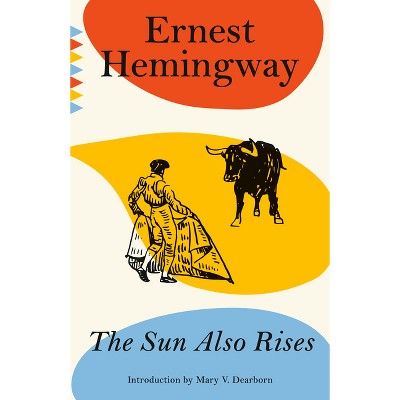Sponsored

A Not-So-New World - (Early American Studies) by Christopher M Parsons (Hardcover)
In Stock
Sponsored
About this item
Highlights
- When Samuel de Champlain founded the colony of Quebec in 1608, he established elaborate gardens where he sowed French seeds he had brought with him and experimented with indigenous plants that he found in nearby fields and forests.
- About the Author: Christopher M. Parsons teaches history at Northeastern University.
- 264 Pages
- History, United States
- Series Name: Early American Studies
Description
About the Book
Exploring the moment in which settlers, missionaries, merchants, and administrators believed in their ability to shape the environment to better resemble the country they left behind, A Not-So-New World reveals that French colonial ambitions were fueled by a vision of an ecologically sustainable empire.Book Synopsis
When Samuel de Champlain founded the colony of Quebec in 1608, he established elaborate gardens where he sowed French seeds he had brought with him and experimented with indigenous plants that he found in nearby fields and forests. Following Champlain's example, fellow colonists nurtured similar gardens through the Saint Lawrence Valley and Great Lakes region. In A Not-So-New World, Christopher Parsons observes how it was that French colonists began to learn about Native environments and claimed a mandate to cultivate vegetation that did not differ all that much from that which they had left behind.
As Parsons relates, colonists soon discovered that there were limits to what they could accomplish in their gardens. The strangeness of New France became woefully apparent, for example, when colonists found that they could not make French wine out of American grapes. They attributed the differences they discovered to Native American neglect and believed that the French colonial project would rehabilitate and restore the plant life in the region. However, the more colonists experimented with indigenous species and communicated their findings to the wider French Atlantic world, the more foreign New France appeared to French naturalists and even to the colonists themselves.
Parsons demonstrates how the French experience of attempting to improve American environments supported not only the acquisition and incorporation of Native American knowledge but also the development of an emerging botanical science that focused on naming new species. Exploring the moment in which settlers, missionaries, merchants, and administrators believed in their ability to shape the environment to better resemble the country they left behind, A Not-So-New World reveals that French colonial ambitions were fueled by a vision of an ecologically sustainable empire.
Review Quotes
"
The book's originality and strength lie in the fact that it does not simply describe the ways in which the colonists
appropriated the New World's vegetation: On the contrary, it sets out to understand the role of transatlantic movements in defining an environmental culture that valued empirical observation and knowledge of non-European environments...[A]n important contribution.
"[Parson's] thorough examination of colonial science and literature reveals how agroecosystems and representations of plants reflected and influenced French attitudes toward nonhuman nature, Native peoples, and the French imperial project...By historicizing anthropogenic assumptions, Parsons recovers how environmental interdependence once formed and cultivated political ecologies."-- "H-Environment"
"[A] call to action that makes important interventions, not only into the history of science, environmental history, and the history of global knowledge exchange, but also into contemporary debates surrounding the entanglements of environment and politics. The book is richly researched and will no doubt become standard reading for anyone interested in the exigency of indigenous ecological knowledge or the importance of environment for the justification, implementation, and practice of European colonization in the early modern period."-- "Agricultural History Review"
"Christopher M. Parsons tells a new and highly original story about how various people involved in the French colonization of North America understood the landscape of the New World and how these changing understandings affected and shaped the larger project of seventeenth- and eighteenth-century French colonialism."-- "Robert Morrissey, University of Illinois Urbana-Champaign"
"Christopher M. Parsons's detailed account of the exchange of botanical information between New France and its metropolis sheds new light on the development of environmental knowledge about the colony, understood in an appropriately broad geographical framework."-- "Colin Coates, York University"
"Parsons's work can serve as a model for other historians interested in the environmental aspects of colonialism, particularly those seeking to work at the intersection of environmental history and the history of science."-- "Environmental History"
"Re-examining the texts of French settlers and missionaries in what's now Canada, Parsons challenges our assumptions about the environmental history of North America, and charts new routes toward a global history of early modern science."-- "Nicholas Dew, McGill University"
"This is field-leading scholarship for those thinking through the environmental early modern and through histories of imperial knowledge."-- "French Studies"
About the Author
Christopher M. Parsons teaches history at Northeastern University.










